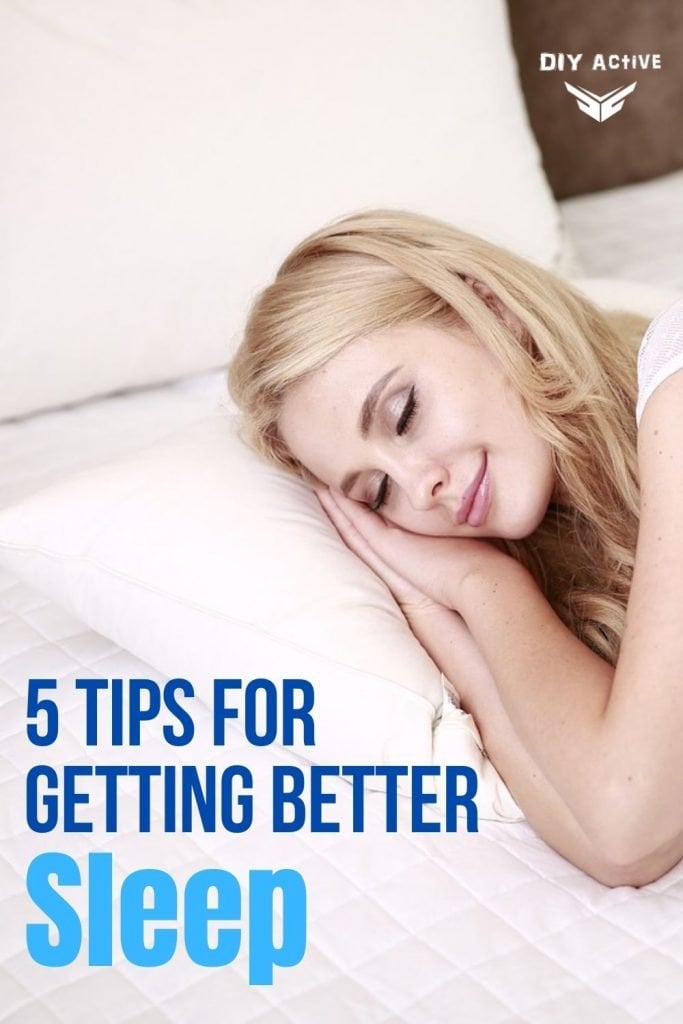Tips for Getting Better Sleep
Many people underestimate the value of a good night’s sleep. As a society, humans are sleep-deprived. Without adequate sleep, the risks of chronic diseases such as depression, hypertension, and heart disease increase tremendously. On average, we should all be getting at least eight hours of high-quality, undisturbed sleep to maintain optimal health.
Start getting better sleep
These days, we live incredibly busy lives and stress levels are high. Many people eat on the go and don’t maintain a regular schedule. This type of modern lifestyle has played a major role in the rising rate of sleep disorders.
If you are one of the thousands of people struggling to get a good night’s sleep, here are a few top tips for getting better sleep and to help you get those 40 winks.
1. A Healthy Diet
With the popularity of processed and fast foods, our diets tend to be very unhealthy and high in sugars. In fact, you’ll find sugar hidden in everything from peanut butter to yogurt and tomato sauce.
Eating a more balanced diet full of colorful fruit and vegetables, healthy protein, and high fiber carbs as well as lots of water will do your body the world of good. Furthermore, avoiding alcohol and caffeine and keeping meals light at night will help you get to bed much faster.


People live a very sedentary lifestyle these days. Regular exercise helps to elevate your mood and reduce your risk of disease.
Balance cardio workouts with strength training and regular stretches. Whether you hit the gym or simply walk the dog, the exercise of any form is a brilliant form of stress relief that’s also likely to have you’re nodding off the moment your head hits the pillow.
3. Manage Your Stress Levels
While it may be difficult to avoid stress entirely, the fact is that how you choose to handle your stress plays a significant role in the quality of your sleep. If your mind is full of thoughts, it’ll most certainly keep you up at night.
Try practicing stress management techniques such as meditation, some light stretches or listening to a relaxing podcast before bedtime
4. Keep Distractions Away
We live in a digital age where all are constantly attached to our digital devices such as laptops and smartphones.
The blue light emitted by these produces more energy than natural light. By avoiding these devices before bedtime you’ll likely find it easier to sleep. An alternative solution is to download an app that can block blue light from your device.
5. Seek Medical Support
Finally, if you’ve given all of the above a shot and you’re still struggling to sleep, then it might be time to seek professional help.
A doctor can prescribe sleeping pills or refer you to a specialist that can help you in achieving better sleep by alleviating sinus issues.
Wrap-Up
Ensuring you get regular good quality sleep has the potential to improve your life in very many ways.
Be sure to invest the necessary time and effort into getting some rest; it’ll do you a world of good, and both your body and mind will thank you for it.